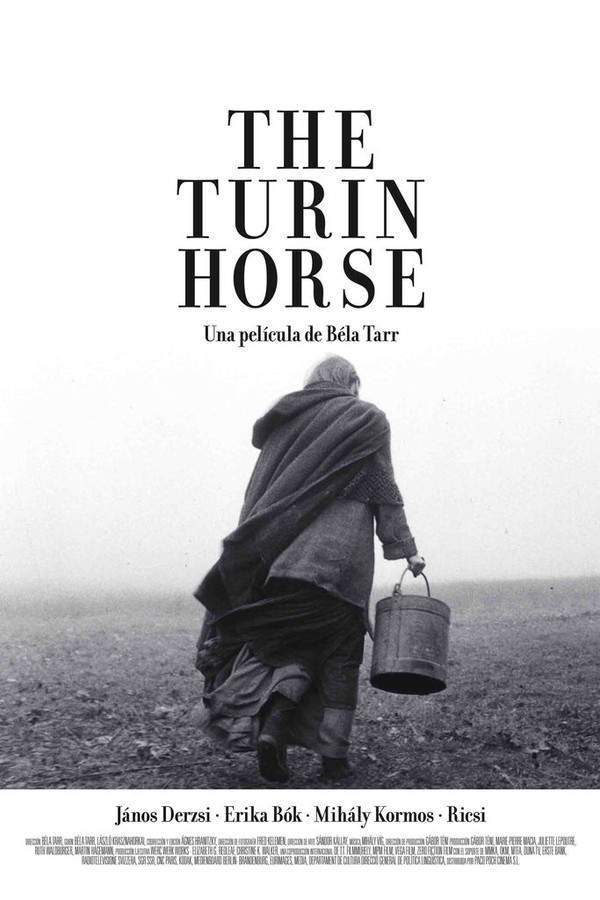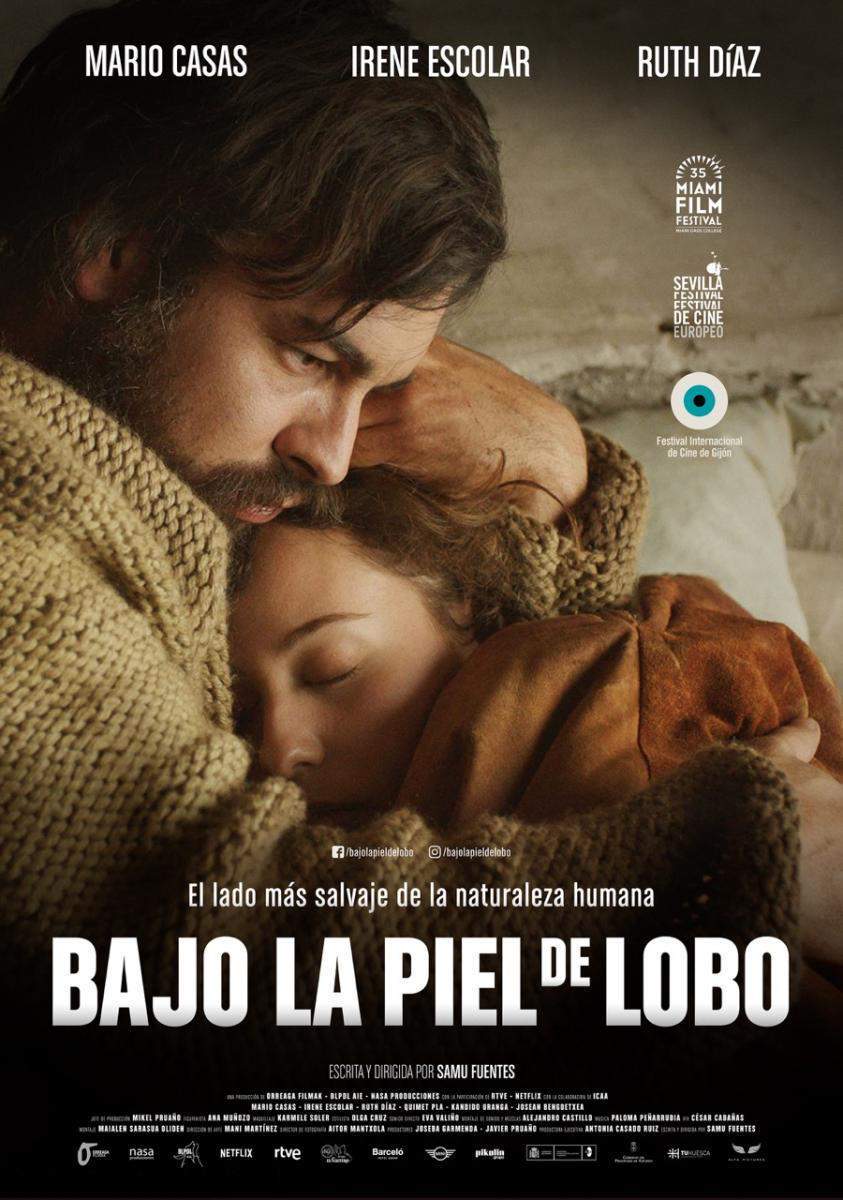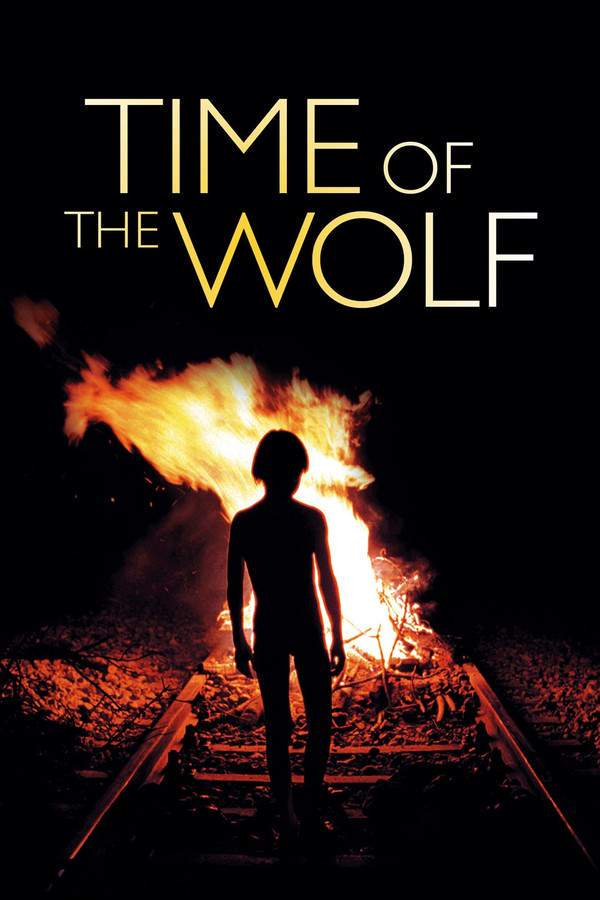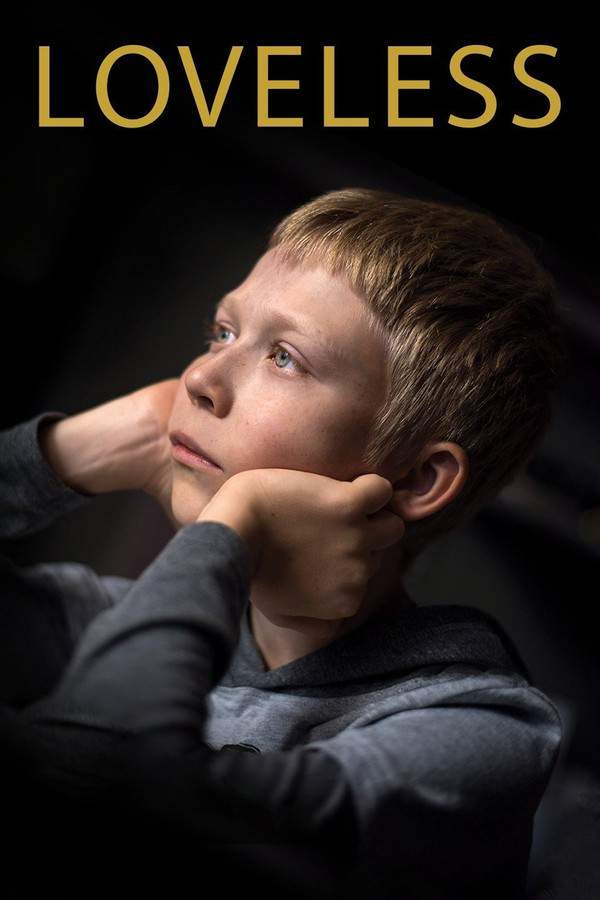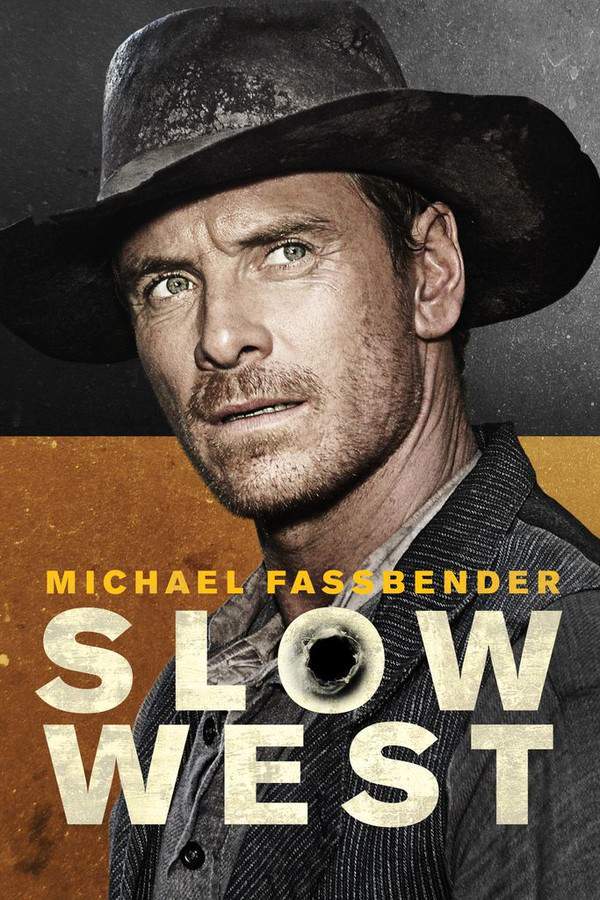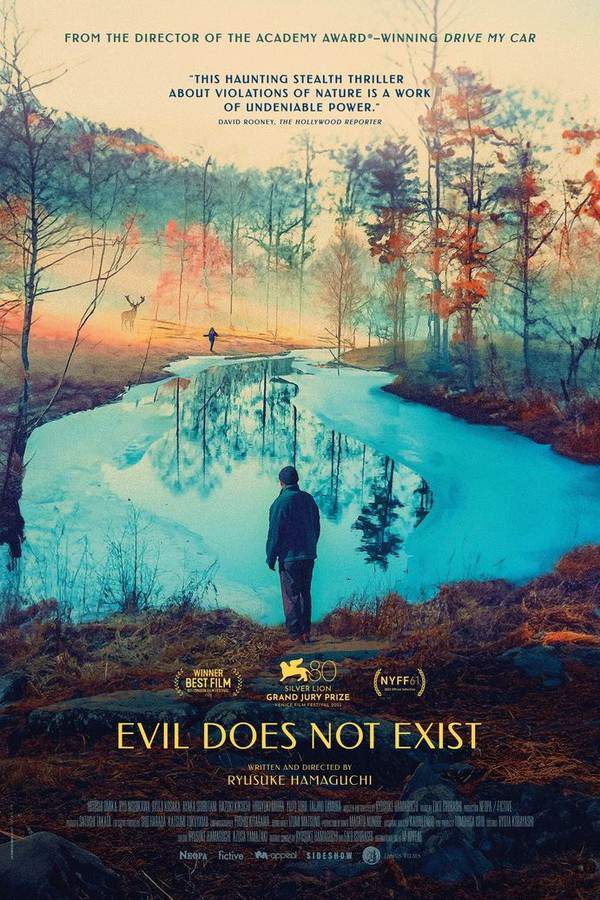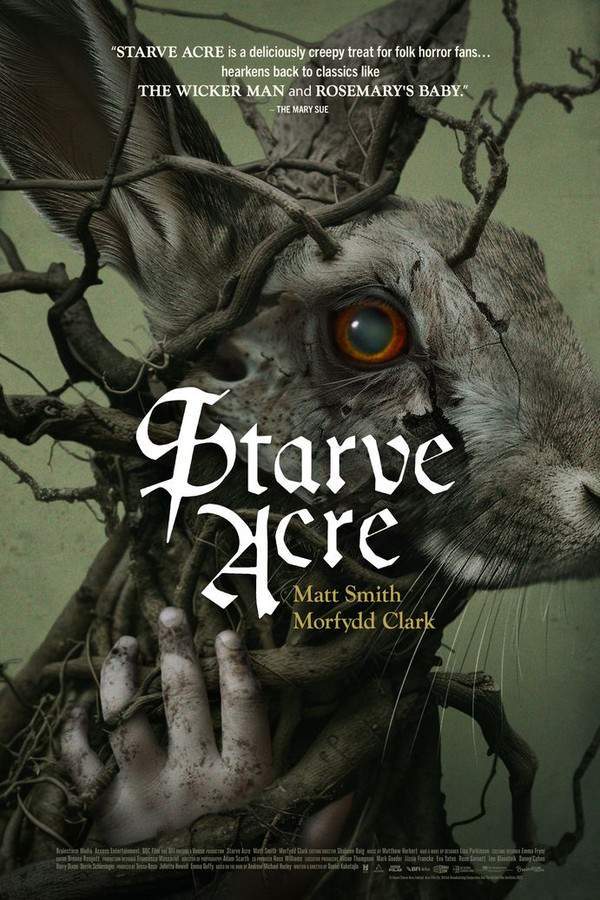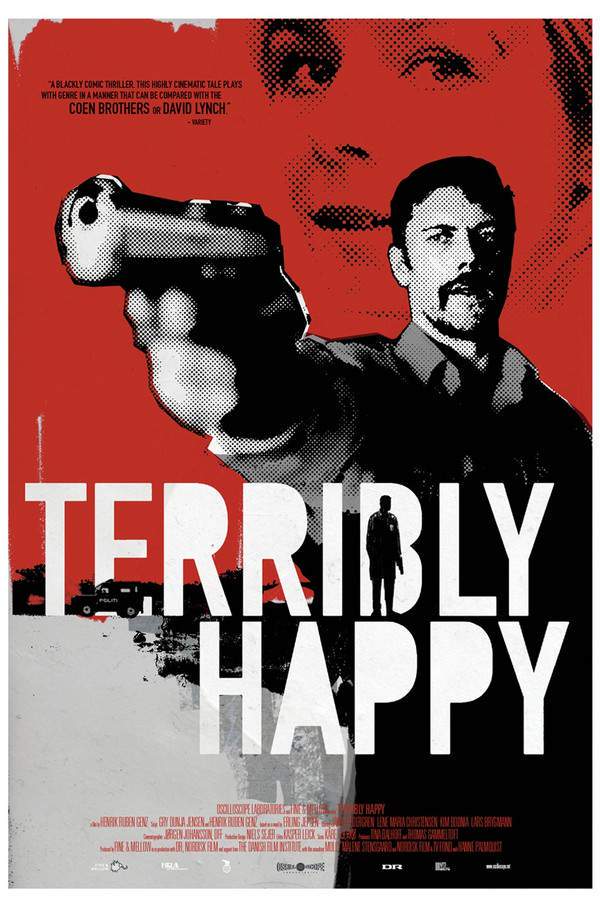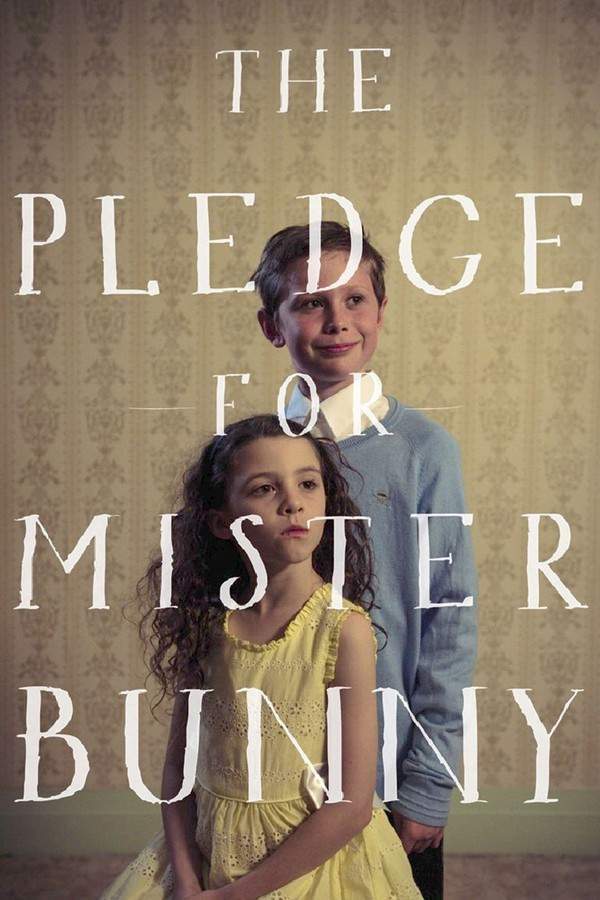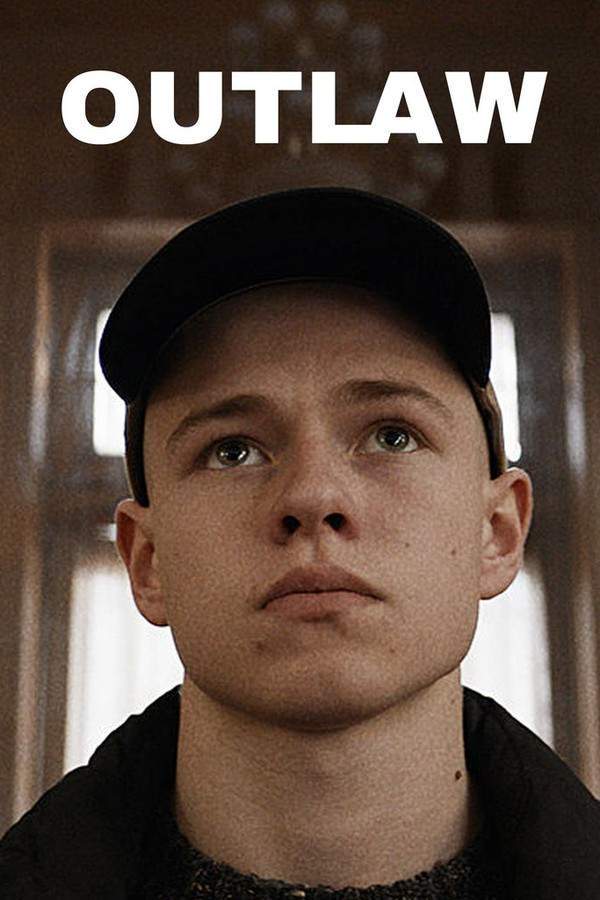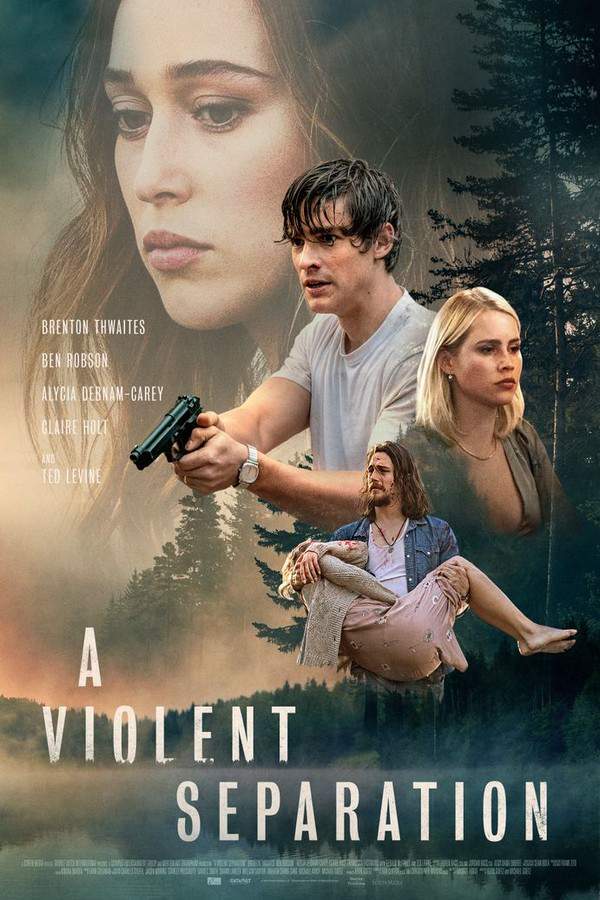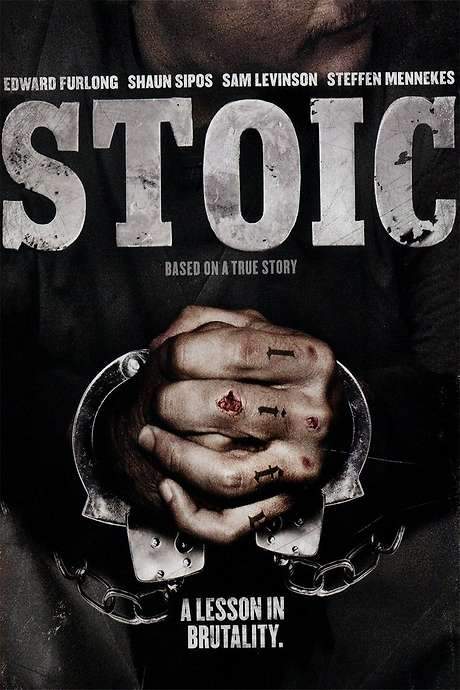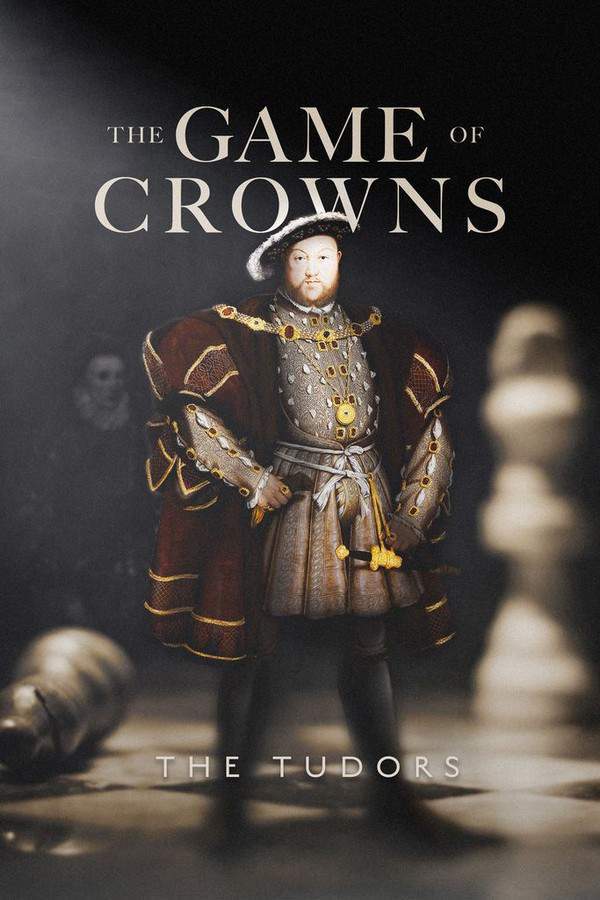
The Gamekeeper
Year: 1980
Runtime: 84 mins
Language: English
Director: Ken Loach
George Purse serves as the duke’s gamekeeper, a position he regards with great seriousness. While his role grants him respect, he maintains a strained rapport with local residents, especially those involved in poaching.
Warning: spoilers below!
Haven’t seen The Gamekeeper yet? This summary contains major spoilers. Bookmark the page, watch the movie, and come back for the full breakdown. If you're ready, scroll on and relive the story!
The Gamekeeper (1980) – Full Plot Summary & Ending Explained
Read the complete plot breakdown of The Gamekeeper (1980), including all key story events, major twists, and the ending explained in detail. Discover what really happened—and what it all means.
George Purse is a former steelworker who works as a gamekeeper on a large estate on the outskirts of Sheffield. The film even notes Hoyland Nether, just north of Sheffield, as the home of scriptwriter Barry Hines, grounding the story in a real place. George’s job involves catching trespassers and poachers on the land and delivering them to the police, a duty that often puts him in tense confrontations. His role also quietly shapes his family life: his son is bullied at school by classmates who he himself has previously apprehended, a detail that underscores the moral and social pressures swirling around this rural estate.
George remains loyal to the Duke of the estate, even as he struggles with basic repairs to the small cottage where he and his wife, Mary, live. The tension at home deepens as Mary feels increasingly isolated and uneasy about the annual pheasant shoot that George participates in. George himself is depicted as practical and unsentimental about animals; he does not want his son to have a pet cat, and the film does not shy away from showing George restraining, trapping, and sometimes killing animals. There is a stark moment in the credits noted by Ken Loach in the audio commentary: the fox shooting appears to be real, a detail that adds to the film’s raw and documentary feel.
In a pub discussion, two friends argue that poaching is not a grave crime, which opens a wider conversation about land ownership and the king’s influence in securing it. At first, George resists the notion, insisting that he “has a job to do.” Later, in another exchange with a fellow worker, he raises almost the same point to critique the Duke’s inherited wealth, hinting that he is beginning to question the system he serves.
A pivotal scene occurs while George is feeding the pheasants: he catches two former steelworks colleagues poaching on the land. One man escapes, but the other, a Durham man, stays behind because his dog cannot run with him. George threatens to shoot the dog unless the man accompanies him to the police station, a moment that vividly conveys the film’s hard-edged moral landscape.
Before the shoot even begins, trouble brews as the beaters threaten to strike for higher pay. George jokes that the request isn’t high enough, and a beater challenges him by asking which side he’s on, given George’s evasive stance. In the end, the pay rise is conceded, but the atmosphere remains fraught. Once the shoot starts, George’s behavior earns a guest’s complaint to the Duke, who then cautions him not to swear in front of ladies while subtly rewarding his work with a tip.
The other practical snag of daily life on the estate is a long-standing request about a window-frame repair that George had made months earlier; he is met with a rebuff, underscoring a sense of neglect and the strain of living under an imperious landlord. The film closes on a quietly stark note: George is alone, with Mary having left only a pie for him to heat up, leaving the viewer with a poignant image of a man who has navigated a shifting moral landscape and must face the consequences of his choices.
Last Updated: October 09, 2025 at 14:59
Explore Movie Threads
Discover curated groups of movies connected by mood, themes, and story style. Browse collections built around emotion, atmosphere, and narrative focus to easily find films that match what you feel like watching right now.
Slow burn social realism movies like The Gamekeeper
Gritty, slow-paced dramas depicting the harsh realities of working-class life.If you appreciated the raw, grounded feel of The Gamekeeper, explore more movies that offer a similar slow-paced, unflinching look at working-class life and social conflict. These films share a documentary-like realism and a focus on the moral tensions within rural or industrial communities.
Narrative Summary
Narratives in this thread typically follow a linear, straightforward path, chronicling the daily grind and social friction faced by their protagonists. The conflict is less about major plot twists and more about the internal and external pressures of a rigid social system, often leading to a sense of disillusionment or entrapment.
Why These Movies?
Movies are grouped here for their shared commitment to social realism, their slow, observational pacing, and their heavy emotional weight derived from authentic depictions of struggle. They create a cohesive experience through their bleak tone, morally complex characters, and focus on class dynamics.
Movies about isolated moral duty like The Gamekeeper
Stories of solitary figures bound by duty, facing ethical isolation.For viewers drawn to The Gamekeeper's theme of a solitary figure grappling with duty, this section highlights similar movies about characters defined by their roles. These stories explore the heavy weight of responsibility and the personal cost of upholding a code in the face of social opposition.
Narrative Summary
The narrative pattern follows a character whose strict adherence to their duty causes increasing friction with those around them, leading to their social and emotional isolation. The story is a character study of their internal moral struggle as they become trapped by the very principles they are sworn to uphold.
Why These Movies?
These films share a core focus on a specific character archetype: the isolated guardian. They are united by themes of duty versus community, the burden of responsibility, and a consistently heavy, bleak emotional tone that results from the protagonist's lonely stand.
Unlock the Full Story of The Gamekeeper
Don't stop at just watching — explore The Gamekeeper in full detail. From the complete plot summary and scene-by-scene timeline to character breakdowns, thematic analysis, and a deep dive into the ending — every page helps you truly understand what The Gamekeeper is all about. Plus, discover what's next after the movie.
The Gamekeeper Timeline
Track the full timeline of The Gamekeeper with every major event arranged chronologically. Perfect for decoding non-linear storytelling, flashbacks, or parallel narratives with a clear scene-by-scene breakdown.

Characters, Settings & Themes in The Gamekeeper
Discover the characters, locations, and core themes that shape The Gamekeeper. Get insights into symbolic elements, setting significance, and deeper narrative meaning — ideal for thematic analysis and movie breakdowns.

The Gamekeeper Spoiler-Free Summary
Get a quick, spoiler-free overview of The Gamekeeper that covers the main plot points and key details without revealing any major twists or spoilers. Perfect for those who want to know what to expect before diving in.

More About The Gamekeeper
Visit What's After the Movie to explore more about The Gamekeeper: box office results, cast and crew info, production details, post-credit scenes, and external links — all in one place for movie fans and researchers.

Similar Movies to The Gamekeeper
Discover movies like The Gamekeeper that share similar genres, themes, and storytelling elements. Whether you’re drawn to the atmosphere, character arcs, or plot structure, these curated recommendations will help you explore more films you’ll love.
Explore More About Movie The Gamekeeper
The Gamekeeper (1980) Scene-by-Scene Movie Timeline
The Gamekeeper (1980) Movie Characters, Themes & Settings
The Gamekeeper (1980) Spoiler-Free Summary & Key Flow
Movies Like The Gamekeeper – Similar Titles You’ll Enjoy
The Game (1997) Film Overview & Timeline
The Skin Game (1931) Movie Recap & Themes
The Favourite Game (2003) Movie Recap & Themes
All In The Game (2006) Ending Explained & Film Insights
The Keeper (2004) Plot Summary & Ending Explained
Fair Game (1986) Spoiler-Packed Plot Recap
The Killing Game (1988) Movie Recap & Themes
The Gardener (1912) Full Summary & Key Details
The English Game (1000) Story Summary & Characters
Game for Vultures (1979) Spoiler-Packed Plot Recap
The Game of Truth (1961) Movie Recap & Themes
The Keeper (1976) Ending Explained & Film Insights
The Game That Kills (1937) Movie Recap & Themes
New Town Killers (2008) Story Summary & Characters
George’s Room (1967) Full Summary & Key Details

